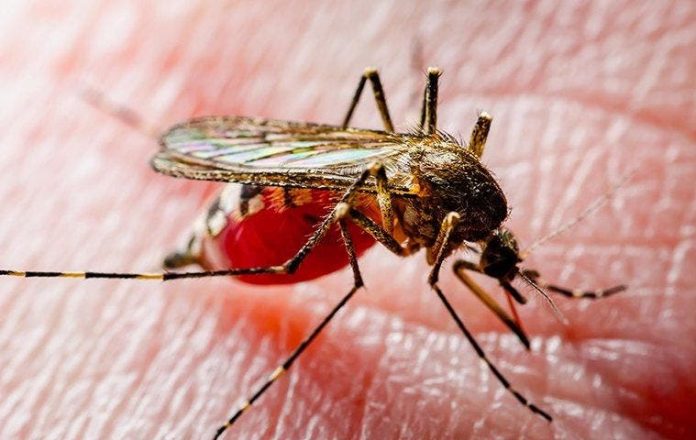Have you ever been in a scenario where two or more people are sitting outside and only one person complains of mosquito bites in that same environment? Some individuals seem to be more attracted to these bloodsucking pests than others.
Have you ever been in a scenario where two or more people are sitting outside and only one person complains of mosquito bites in that same environment?
One person might not even get bitten at all, while the other person keeps slapping their body every minute. The reason for this is mosquitoes don’t bite everyone equally; some individuals seem to be more attractive to these bloodsucking pests than others.
Here are five reasons why this is so.
1. Genetic factors
According to research, genes can make some people more attractive to mosquitoes than others. This happens because genes influence the production of chemicals and scents emitted by the body.
These chemicals are known as Volatile Organic Compounds (VOCs), and they can either attract or repel mosquitoes.
People who produce higher levels of attractive VOCs may find themselves bitten more frequently than those who emit fewer of these compounds.
2. Blood type
Mosquitoes seem to have a preference for specific blood types. Some studies say people with blood type O are more likely to be bitten than those with other blood types.
Blood type A, on the other hand, seems to be associated with a lower attractiveness to mosquitoes.
The exact reason for this preference is not yet fully understood, but it is believed to be related to the different compounds present in various blood types.
3. Body heat and metabolism
Mosquitoes are also sensitive to changes in temperature and are drawn to sources of heat.
People who naturally have a higher body temperature or who are engaged in physical activities that raise their body heat may seem more attractive to mosquitoes and would get bitten more than others.
Also, individuals with higher metabolic rates may produce more carbon dioxide and lactic acid, which are known as mosquito attractants.
Read more: These tips will help you take control of your hunger
4. Organisms on the skin
The human skin is home to a diverse array of microorganisms, collectively known as the skin microbiota.
Recent research has revealed that the composition of these microorganisms could influence an individual’s attractiveness to mosquitoes.
Certain bacteria on the skin produce odors that either attract or repel mosquitoes. Consequently, people with different skin microbiota may have varying attractiveness to these insects.
5. Sweat produced
Lactic acid and uric acid are chemicals found in human sweat, linked to mosquito attraction. Individuals who produce more of these substances through sweat may be more prone to mosquito bites.
Factors such as physical activity, diet, and metabolism can influence the level of lactic and uric acid in a person’s sweat.
In addition to the above, people who exhale more carbon dioxide due to factors such as larger body size or heavy breathing may become more attractive targets for mosquitoes.
Pregnant women, for example, exhale 21% more CO2 during their second trimester, making them more susceptible to bites.
Understanding why some people appear more attractive to mosquitoes than others can help individuals take preventive measures, such as using repellents, wearing appropriate clothing, and minimizing outdoor activities during peak mosquito hours, to reduce their chances of getting bitten.













